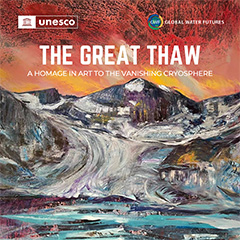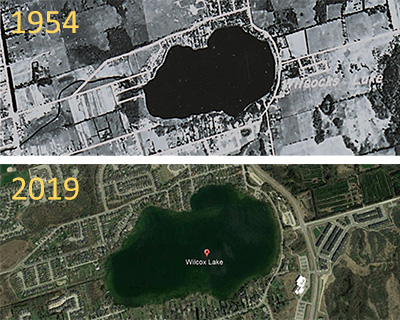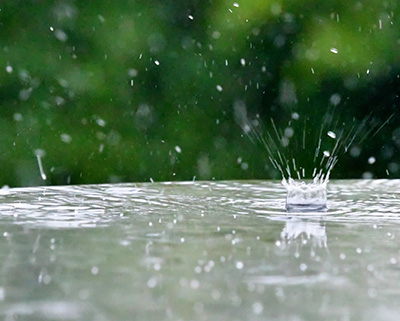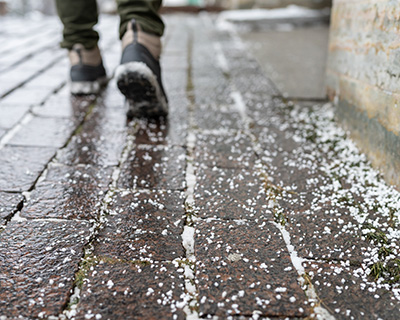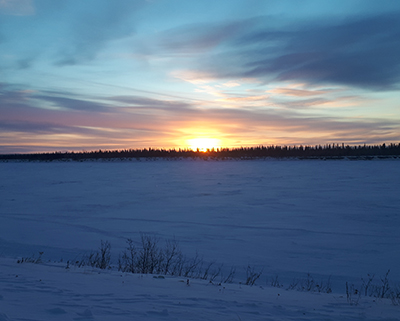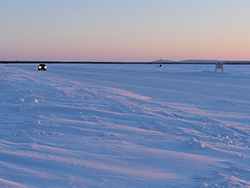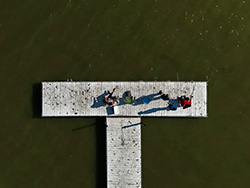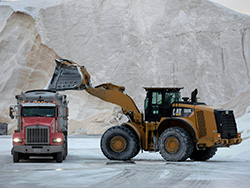The Great Thaw: A Homage in Art to Vanishing Glaciers
The Great Thaw: A Homage in Art to Vanishing Glaciers brings science and art together to inspire knowledge sharing and promote practical strategies for glacier preservation and adaptation. Featuring over 140 artworks paired with scientifically grounded explanations, The Great Thaw takes readers on a powerful journey to explore the impacts of climate change on glaciers and the broader cryosphere — snow and ice that sustain life in mountain, forest, and downstream regions.
Solutions to Water Threats in an Era of Global Change
Global Water Futures was a pan-Canadian research program that ran from 2016 to 2025 and was funded in part by a $77.8-million grant from the Canada First Research Excellence Fund. The overarching goal of the program was to deliver risk management solutions - informed by leading-edge water science and supported by innovative decision-making tools - to manage water futures in Canada and other cold regions where global warming is changing landscapes, ecosystems, and the water environment. Global Water Futures (GWF) aimed to position Canada as a global leader in water science for cold regions and addressed the strategic needs of the Canadian economy in adapting to change and managing risks of uncertain water futures and extreme events. End-user needs were our beacon and to drive strategy and shape our science.
Core Partners

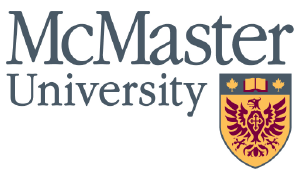

Featured Science Outcomes
The Conversation Canada
 Curated by professionals, The Conversation Canada is an independent source of news and views delivered directly to the public. The articles below are authored by researchers involved in the Global Water Futures program.
Curated by professionals, The Conversation Canada is an independent source of news and views delivered directly to the public. The articles below are authored by researchers involved in the Global Water Futures program.
The Conversation Canada GWF Archive
Climate change is making Canada’s ice roads hard to navigate
Homa Kheyrollah Pour - Wilfrid Laurier University
Daniel Gaudet - Ɂek’wahtı̨dǝ́ (Chief) of the Délı̨nę Got’ı̨nę Government
Warmer winters are fuelling a growth in algal blooms across the Great Lakes
Nandita Basu - University of Waterloo
Nancy Goucher - University of Waterloo
'Forever contaminant' road salts pose an icy dilemma: Do we protect drivers or our fresh water?
Jovana Radosavljevic - University of Waterloo
David L Rudolph - University of Waterloo
Fereidoun Rezanezhad - University of Waterloo
Jiangyue Ju - University of Waterloo
Nancy Goucher - University of Waterloo
Philippe Van Cappellen - University of Waterloo
Projects
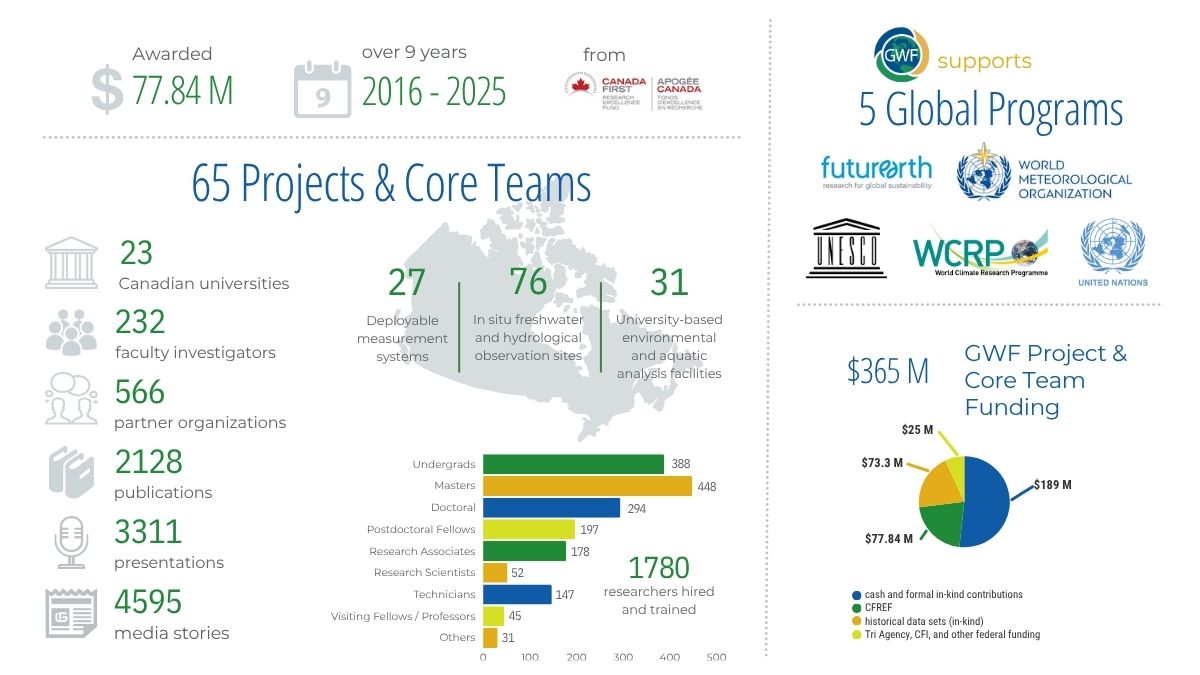
GWF is led by the University of Saskatchewan in partnership with University of Waterloo, McMaster University and Wilfrid Laurier University.





